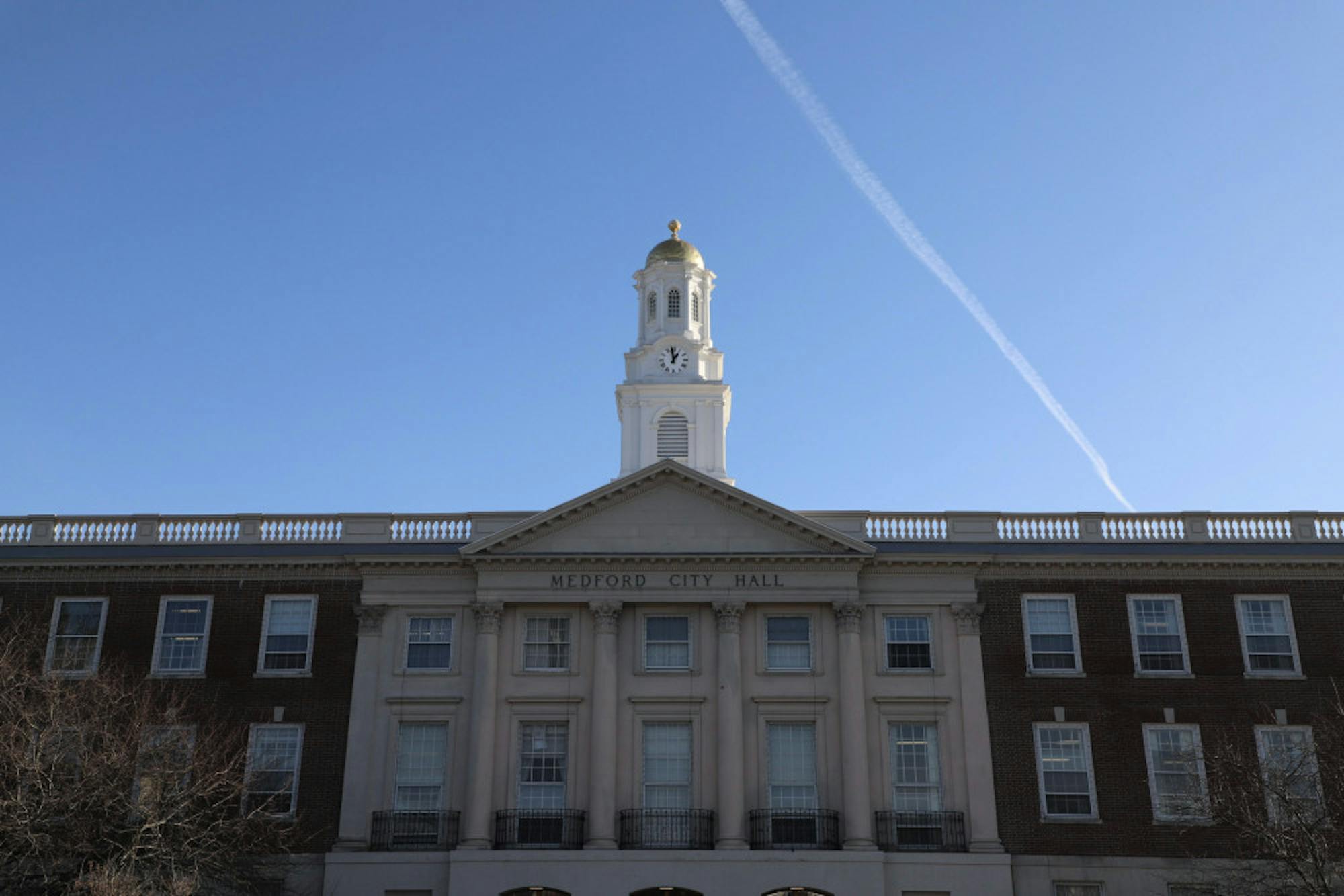Medford’s Community Fund announced on Jan. 6 that it awarded over $230,000 in grants to 25 local nonprofits.
“The work being done by these nonprofits is critical to supporting our residents and by providing this funding the awardees will be able to make adjustments and improvements to their operations that will lead to more meaningful and engaging experiences for the community,” Medford Mayor Breanna Lungo-Koehn said in a statement.
Grant recipients include the Federation for Children with Special Needs, the Medford Farmers Market, TreesMedford and Saint Raphael’s Food Pantry. The application process, which concluded in October, required each organization to demonstrate to the fund’s committee how the grants would allow them to expand their work in Medford.
The Medford Community Fund Committee was originally created as part of the Surrounding Community Agreement between the City of Medford and Encore, a Boston resort and casino. Gaming establishments such as casinos are required by law to submit an agreement between the establishment and surrounding communities that lays out the conditions for a gaming establishment to be located in proximity to other communities. The Medford Community Fund Committee determines the allocation of the annual Community Fund Payments that Medford receives as a term of this agreement.
Arts Collaborative Medford, Inc., a grant recipient, is a new space opening on Mystic Avenue this spring. Their grant funding will be used to cover initial startup costs associated with outfitting the space.
“ACM’s mission is to provide a welcoming, accessible, and inclusive space to create, enjoy, and engage with a diversity of arts and culture experiences,” Laurel Siegel, president of Arts Collaborative Medford, wrote in an email to the Daily. “We seek to become a long-term anchor and catalyst for the arts in Medford and surrounding communities, and we will welcome a range of creators and audiences to participate in our activities.”
Kesem at Tufts, the university’s chapter of Camp Kesem, a camp for children affected by a parent’s cancer, also received funding, along with the Medford Historical Society & Museum.
MHSM, an independent non-profit that has been in the community since 1896, presents a variety of programming and exhibits. This spring, they will use the grant funding to host Erin Kelly, a Tufts philosophy professor, to speak about her biography of artist Winfred Rembert. Rembert passed away in 2021, but his wife, Patsy Rembert, will join Kelly for the event. Kelly’s book, titled “Chasing Me to My Grave: An Artist’s Memoir of the Jim Crow South,” was co-authored by the late artist, and both authors won the Pulitzer Prize for Biography in 2022.
“Rembert’s memoir tells a significant and recent part of American history,” Margaret Bowen, chair of the MHSM Program Committee, wrote in an email to the Daily. “The funds will be used to support Prof. Kelly and Mrs. Rembert’s participation.”
Another grant recipient, the Center for Citizenship and Social Responsibility, is an after-school program that will use the awarded funds to run their new summer programing. They aim to teach leadership skills and instill values of social entrepreneurship in students.
With funding from other sources such as the Bloomberg Foundation and the Cummings Foundation, the Center pays teachers in the Medford School District to be advisers for students as they complete yearlong team projects, a method known as project-based learning. They currently have around 500 students in the program.
“[The students are] doing something they want to do,” Richard Trotta, director of the Center for Citizenship and Social Responsibility, said. “And they have to use certain leadership skills. … You have to have communication skills, cooperation skills, planning [and] implementation.”
Now, with the help of the Community Fund, they are planning to expand their offerings into the summer.
“Our program primarily runs through the school year,” Trotta said. “We don’t have that much going on in the summer, so I proposed a summer leadership academy for high school students.”
Carrying over elements from the academic year program, in the summer, students will learn leadership skills and complete a project over two two-week sessions.
Trotta said that while the projects are designed to address social needs in the community, the program is equally as transformative for the students involved.
“The students themselves who are doing these projects now have a chance to gain more self confidence,” Trotta said. “Research has shown that when people do good things for other people, there’s a natural high. Endorphins are actually released in the brain. … Students doing this all the way through school, [it can become] part of their being that they like doing things to help other people.”






